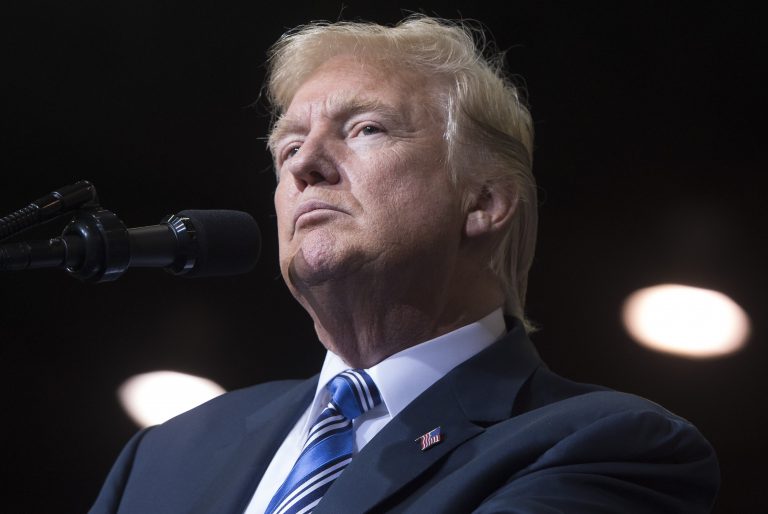It will take more than a Presidential address for America to relearn that when it comes to economic policy, we need to put markets and property first.
State of The Union, 2019

What is the state of our union, and what should Trump say?
This week we asked contributors to tell us what they think Trump ought to say (or write) in his State of the Union address. As always, we welcome rejoinders and additional thoughts.
The state of the union is indebted. Ours is an era of debt—far more, Democrats should be reminded, than an era of capital. Debt is the panicked talk of Davos. Among the world’s advanced nations, debt obligations now often approach or exceed 100 percent of GDP. And among leading corporations, leveraged debt is at record levels, closing in on 50 percent of GDP, the highest ever. The ruling class responsible for these figures is in danger of defaulting on basic commitments to the American people.
To prevent a debt crisis and protect entitlements, “Trump should do the hard work of convincing his base, including Americans struggling in the new economy, that for their children’s sake, they must address the debt challenge,” writes Andy McCarthy. “After all, the primary burden of addressing it will be borne by people who are doing economically well. If nothing is done, entitlement spending will crowd out all other spending—all of the government’s essential functions upon which our security and prosperity depend.”
Normally, challenges of this scope would be taken up in close cooperation with Congress. But these are not normal times. Ironically, Democrats’ efforts to hurt the White House by refusing to invite Trump to deliver a typical State of the Union address have fed a growing sense that the ordeal is one America could do without.
That would be consistent with the Founders’ vision of a simple update furnished to Congress by the sitting president. For Trump, it would also offer an opportunity. As of now—ships can change course quickly in uncharted waters—the president has signaled his belief that a win on his immigration agenda is worth hewing closer to the now-traditional script, planning an ordinary State of the Union once the government shutdown is resolved.
But that feels a long way away. And Trump’s penchant for speaking directly to his audience leaves him the option of adding an address to the American people. “Freed from the constraints of formality, and far from the disapproving glares from opposition benches, the president can stage his State of the Union address wherever and however he wants—and dare the news networks not to carry it live,” Joel Pollak suggests. “He should not deliver a campaign rally speech, but rather a serious address—to an audience of the people.”
America is also indebted to the principles and purposes that made it great to begin with—but these are precisely what the Left and our educational institutions now denigrate. David Sorensen argues Trump should confront the culture war head on, invite Nick Sandmann to attend his speech, and tell the country his story. Trump should explain that, for the Left, our “history is little more than a chronicle of racism and oppression,” our “Constitution is illegitimate because it was written by wealthy white men,” and “the veracity of ideas matters less than their source.” Sorensen urges Trump to declare that “as long as American taxpayers are funding higher education, our universities will be fountains of knowledge and not dens of political resentment and intolerance.”
Still, no assessment of the State of the Union would be complete without a consideration of the limits of even a populist and media-savvy president’s powers to strengthen our regime. “An exhortation, even from a President, or a Senator, or a 2020 presidential candidate won’t waken the country from its economic amnesia,” Amity Schlaes cautions. “Nor will training up potential candidates in supply-side bootcamp, as valuable as that is. The amnesia is simply too powerful. The 1970s and its miseries lie too far back. For common sense to penetrate, we need changes in our educational and policy institutions. Those changes are tough, but not more costly than funding elections.”
The American Mind presents a range of perspectives. Views are writers’ own and do not necessarily represent those of The Claremont Institute.
The American Mind is a publication of the Claremont Institute, a non-profit 501(c)(3) organization, dedicated to restoring the principles of the American Founding to their rightful, preeminent authority in our national life. Interested in supporting our work? Gifts to the Claremont Institute are tax-deductible.
We're $22 trillion in debt, and President Trump must hold Congress accountable.
President Trump can address the people outside of Congress.
Trump should delegitimize the left—and attack the dens of intolerance in higher education.




